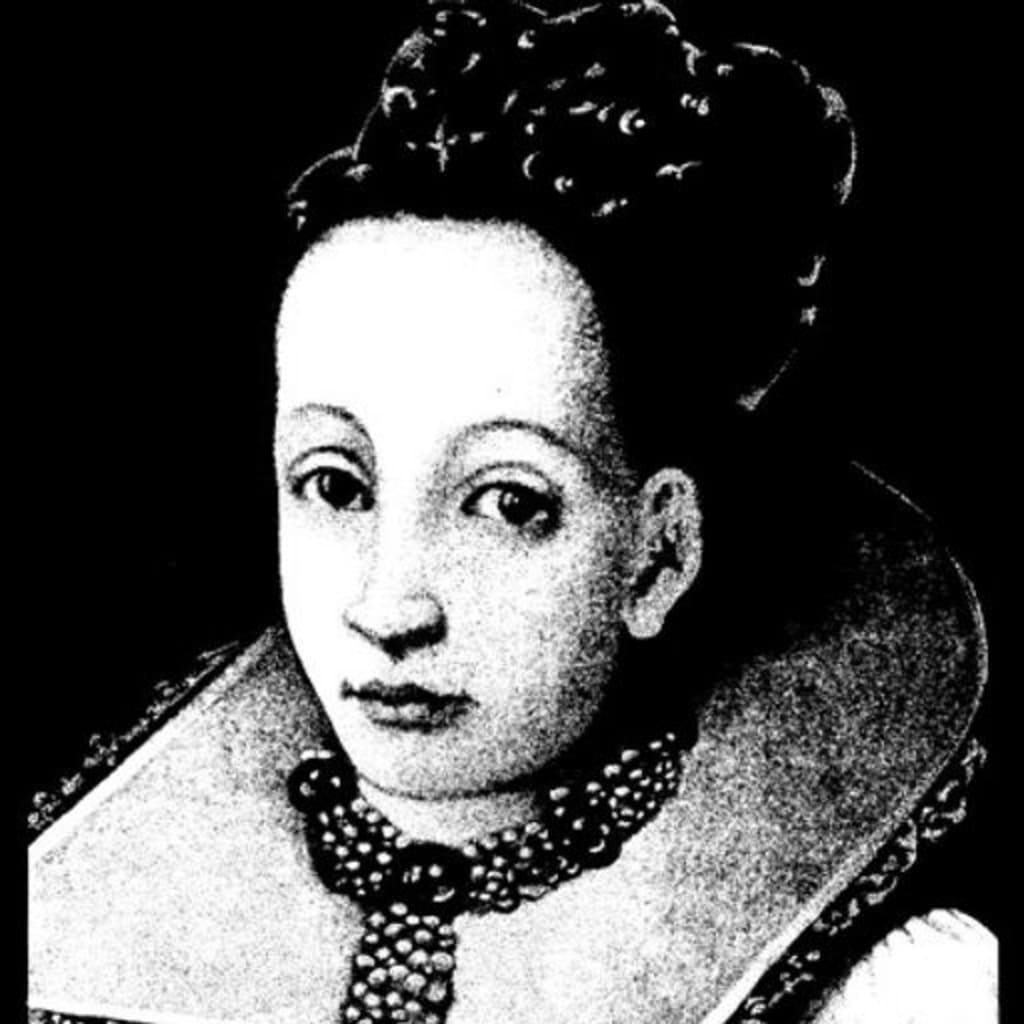The documentary Elizabeth Bathory: The Blood Countess Part 3.
Roman Empire, defender of the Orthodox Catholic religion and of the entire Balkan region had been disturbed. To maintain Hungary's power, King Matthias had assembled the Black Army, a mercenary force.

during a time of great uncertainty and stress, yet his passing brought the advancement made
under his rule to a hasty conclusion.
During his reign as King of Hungary, a diet, or national parliament, of influential
Nobles: The preference of the aristocracy for a weak ruler who might be easily subdued
after a thrilling victory at Mohács in 1526, during which the city of Buda was destroyed, gave Turkish ruler Suleiman the Magnificent the opportunity to conquer a portion of Hungary.
the building was destroyed by fire,and the Hungarian King
Ulaszlo II was killed in combat.
Ferdinand I, Archduke of Austria, and Matthias II fought over the crown of Hungary at that point.
Janos II,a later Holy Roman Emperor who desired to annex Hungary to the Habsburg Empire,and
Zápolya,the Transylvanian Voivode and in charge of what was left of Hungary's army.
In order to stake his claim to the throne,Archduke Ferdinand used his impressive aristocratic ties.
He was the powerful brother of the outgoing king of Hungary and his brother.
Charles V, Holy Roman Emperor. The Hungarian nobility, however, was split.
The two branches of the Bathory family split their allegiances, with the Somlyo Báthorys, who made up Elizabeth's maternal line, siding with Janos in the war for power.
the Esced Báthorys of Elizabeth's father supported the Voivode, whereas
the Archduke of Austria
in an effort to gain support against the Turks, who Hungary had spent more than a century trying to keep at bay.
Rival factions of the Hungarian nobility chose Janos and Ferdinand to rule as the country's Kings.also the lower gentry.
George, Elizabeth's father, switched sides and backed Janos, maybe as a result of the increasing
the influence of Anna's brother Stephen and the chance to increase the Báthory line's authority In retribution, the Habsburgs took Bujak, George's castle, from him as George solidified his by wed Anna and form a new alliance.
Despite the Báthory family's two sides coming together, the Habsburgs' ire remained.
This treachery was going to hurt for a long time.
During the unrest that accompanied peasant uprisings, the capture of
Bud and Ferdinand's conquest of western Hungary, as well as a disastrous alliance with the Turks.
Hungary was divided into three separate countries following Janos's death in 1541: Hungary under the Habsburgs Ottoman Hungary, comprising the centre and southern regions, bordered Austria to the west.
Hungary and the eastern Principality of Transylvania,which is largely independent.
In the Principality of Transylvania,where elected Hungarian princes resided, Elizabeth Bathory was born.
Her life was frequently that of a vassal,either to the Ottoman Sultan or the Habsburgs.
both the military campaigns against the Turks and the intrigues had a significant impact.
of the Habsburgs, who ruled parts of Hungary for a while and then the entire country until 1918.Despite the turbulent times, Transylvania,where most of the Báthory family's authority was centered, prospered.
conditions.
A constitution safeguarded the Transylvanian princes' authority,and they were regarded as the representatives of the three "historic nations"the Hungarians, Saxons, and Hungarian-speaking peoples.
Szeklers.
Transylvania was spared the religious conflict that was prevalent at the time despite being caught between the Catholic Habsburgs and the Muslim Turks because the nation's princes frequently encouraged
tolerance for religion.The nobility and many of its princes—though not Elizabeth's uncle,Prince of Wales—were present.
Transylvania Roman Catholic Stephen Bathory, Calvinist Protestants, and Protestantism Transylvania saw great growth.
Roman Catholics, Lutherans, Calvinists, and others were granted religious freedom by the Edict of Torda in 1568.
churches, but the Romanian,or Vlach,people and their Greek Orthodox religion were not included.In Christian Europe,this Edict served as the first formal guarantee of religious freedom.In 1571, he first Báthory,Stephen,established the Royal House of Báthory.
He reigned as a Voivode before becoming a Prince in 1576,first under Ottoman and subsequently Habsburg administration.pThe Principality of Transylvania became a semi-independent state during the Báthory.
About the Creator
Nora Ariana
There are no limits to our dreams, just believe they do mean something to us.






Comments
There are no comments for this story
Be the first to respond and start the conversation.